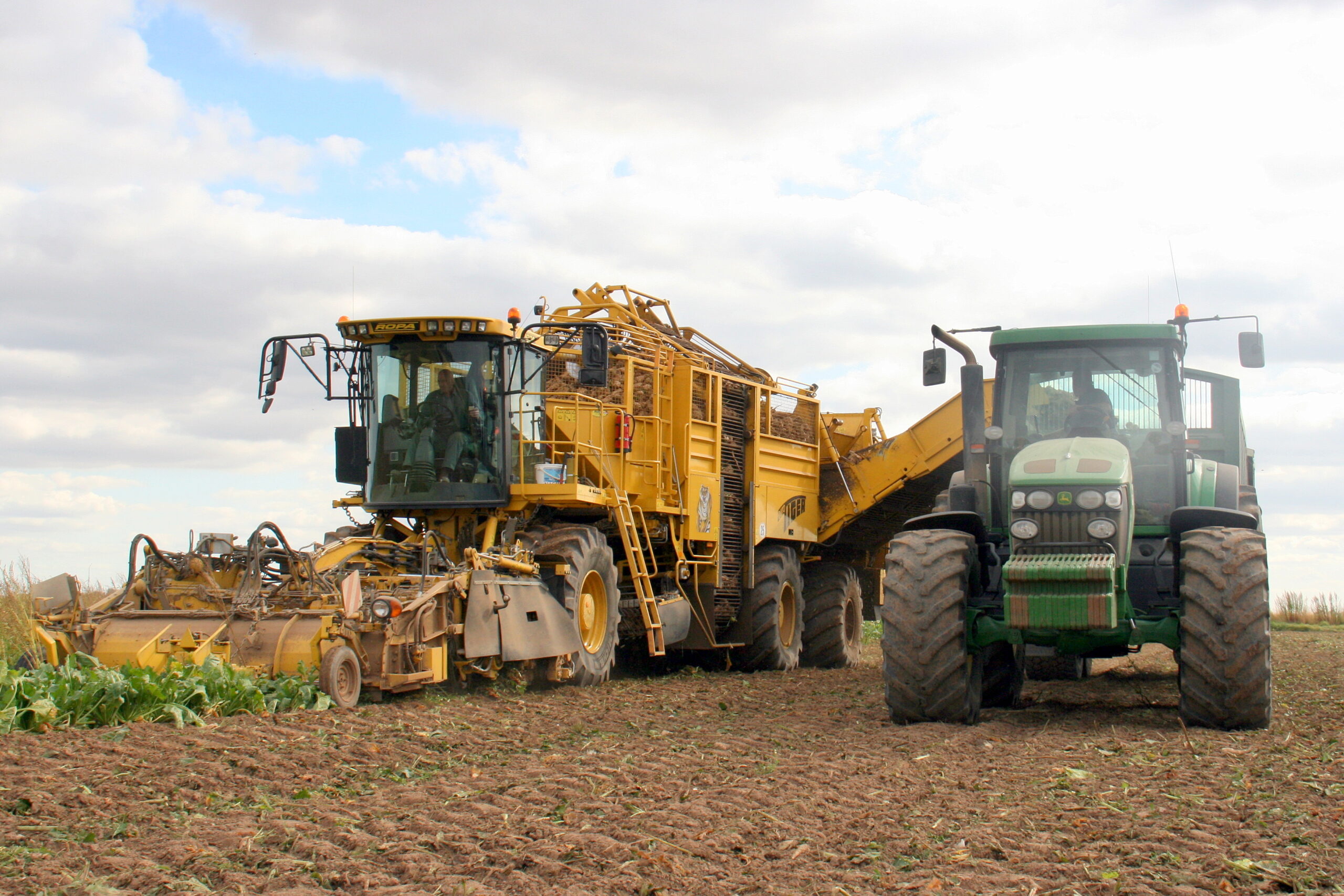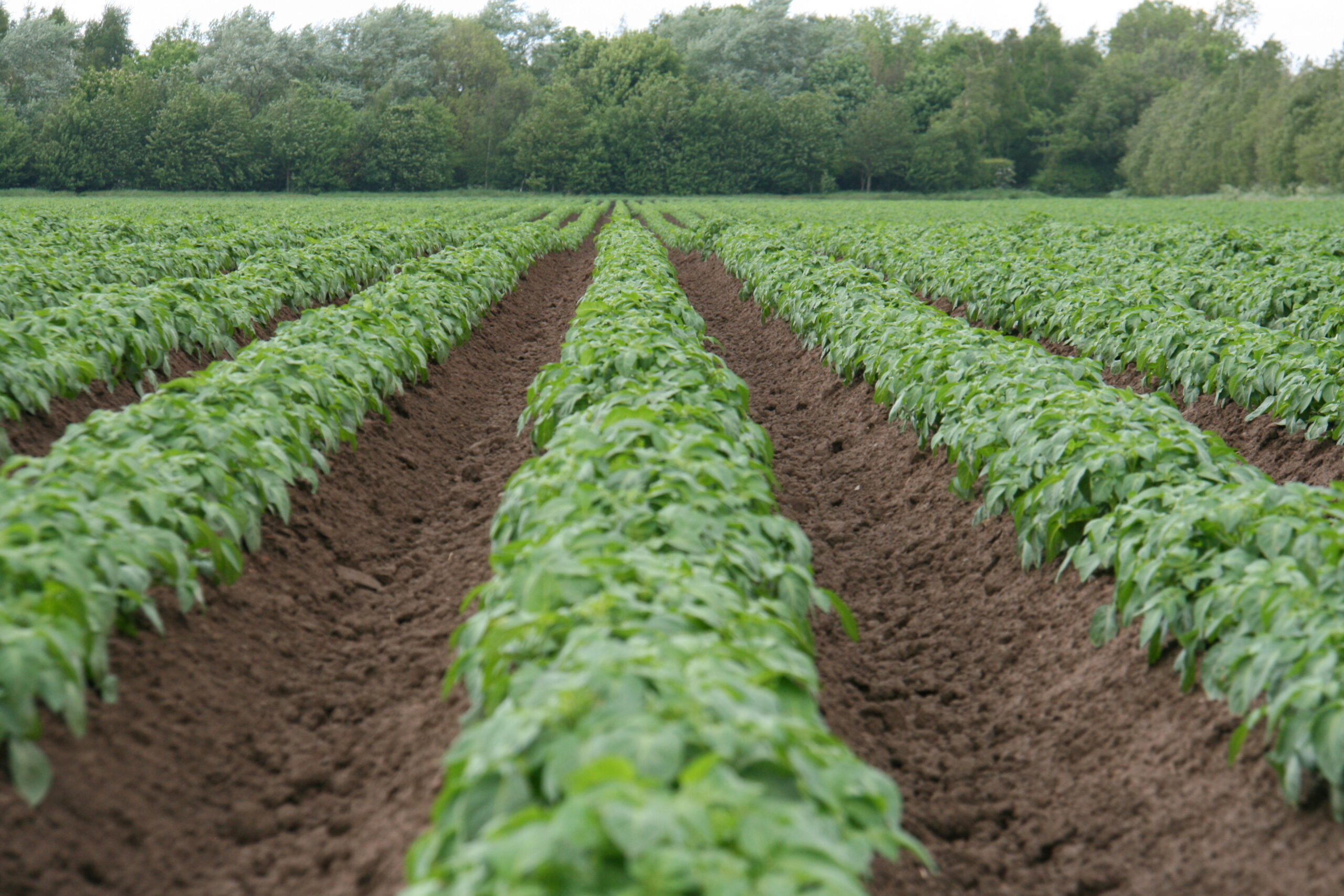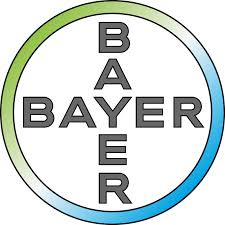Harvest
Harvest has progressed well with good conditions for most of the time despite short rain breaks. AHDB reports suggest the winter barley and winter oilseed rape crops are now all-but completed, with estimated national average yields of 7.1 tonnes per hectare and 3.5 tonnes per hectare respectively. These are both marginally above the national 5-year averages. For oilseed rape, the oil content is also historically high at 45%. Spring barley, which at the end of last week (25th) sat at 40% harvested, also shows good yields, but nitrogens are high and grain merchants are reporting slightly higher screenings for both winter and springs than hoped for. We might expect lots of feed barley this year.
By 24th August, the wheat harvest was 68% completed, which is ahead of usual (out of the last 5 years, only 2014 was further forward). However, considering the dry spells ahead of harvest it is remarkable how consistent harvest timings tend to be. Reports suggest winter wheat yield averaging about 8.2 tonnes per hectare (again slightly ahead of the 5-year average of 8.0 tonnes per hectare) with yields good in the south and not so good further north. Recent rain has frustrated farmers with ripe crops in the field, and lodging risks rising. There are some reports of lodged oats, possibly as much as 15% in some regions.
Bean yields have been impressive, and, although the beans often look clean and hole-less, many have ripened with the Bruchid Beetle still inside the bean, and unable to eat its way out. There are high levels of Bruchid Beetle this year suggesting lots of beans in the feed bin and less for human consumption and therefore export to higher value markets. Protect those of highest quality.
Much of the autumn oilseed rape drilling has been done, with some already appearing through the soil in the East Midlands and presumably further south. For those away from the Flea Beetle regions, this year’s high yield and current strong prices could encourage a higher planted area than last year.
Other Market Factors
Grain exports from the EU are very slow this year, with global grain prices continuing to bounce along contract lows. With record crops being harvested in Russia export competition is strong from the Black Sea region. Conditions are about ideal in the US, for maize growing and wheat harvesting, again meaning there is minimal yield loss, further depressing prices. The International Grains Council has thus increased their wheat production forecast by 10 million tonnes from last month. As prices have fallen, consumption is considered likely to rise (albeit less than the rise of production) and the amount held by the major exporters is also seen rising 4 million tonnes. A reminder as well that, whilst headline stocks suggest global wheat is at a very high level, over half of this is now held by China, a country that holds no reputation for trading large quantities. Indeed, buying or selling grains is something it tries hard not to do.
The chart below shows how grain prices around the world (in their own currencies) have slipped steadily since the start of the harvest period, leaving the UK grain (wheat) price in a relatively strong (if precarious) position. The Pound has taken another step down in strength this week (see article above) adding value to grain and other commodities.
The EU has plentiful supply of barley, so it appears. Much is of high enough quality for malting so demand for UK tonnages might be lower than usual. This might compound the amount that goes for feed in the UK.




